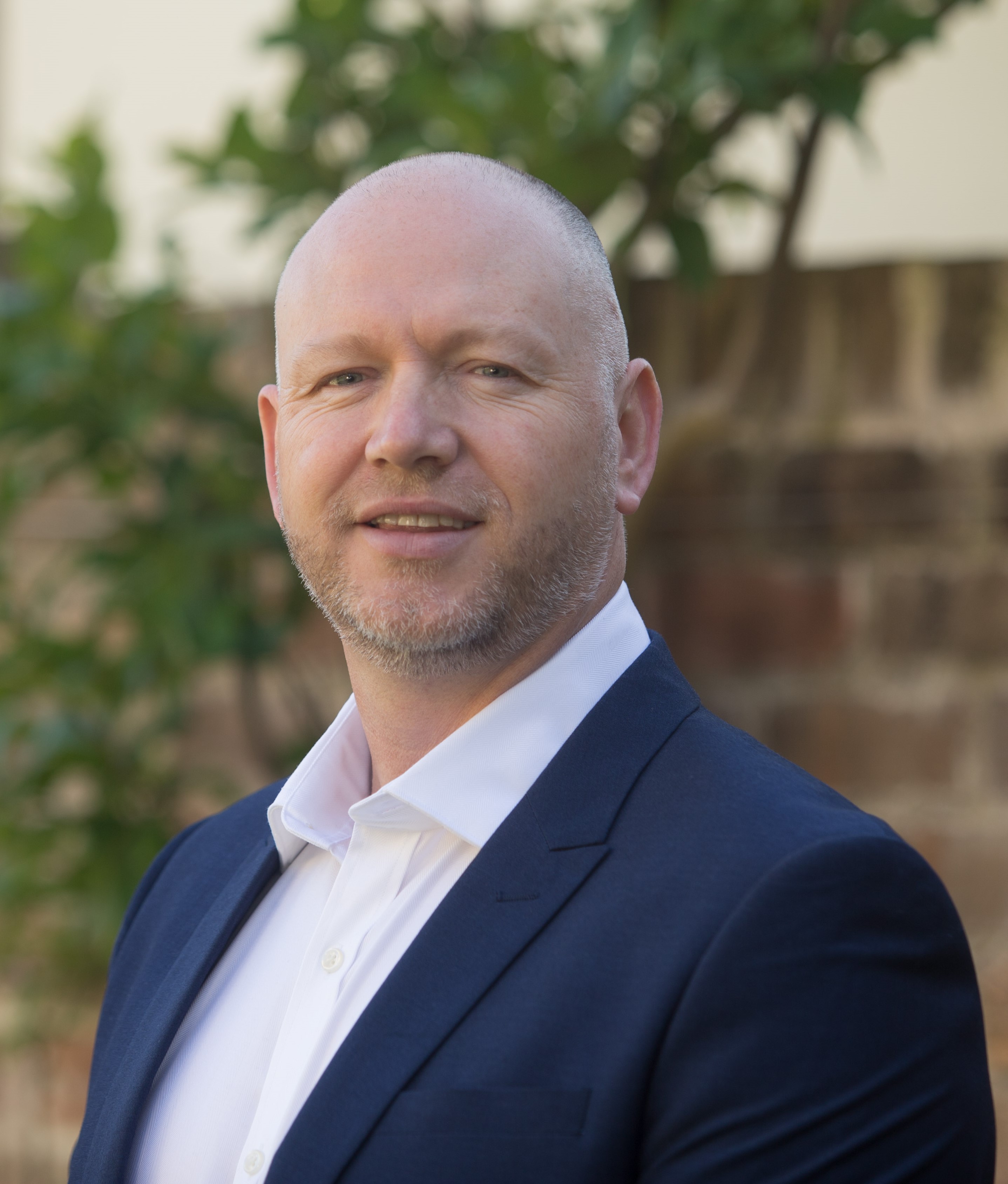Lorraine Love: Senior Manager, Operational Risk and Controls Manager, Private Wealth Management Bank
Lorraine Love
Senior Manager
Operational Risk and Controls Manager
Private Wealth Management Bank
How did you get your job?
I have worked in financial services for 39 years now (since I left school at 16) and throughout my career held different positions from back office processing, call centre management and project work. In the late ‘90s I was approached by a colleague who was in the process of setting up a new operational risk function within the financial institution I worked in at that time to see if I would be interested in being a part of this. After finding out more about the job it really appealed to me, I had a wide knowledge of the business from front office to back office and the operational risk management process was in my mind just common sense so I jumped at the opportunity and never looked back. I started as a senior risk analyst moving quickly to risk manager and then senior risk manager during this time I also undertook my financial planning exams as well as my institute of risk management certificate.
What’s a typical day like as a Senior Operational Risk and Controls Manager?
I am a senior operational risk and controls manager for a private bank and am working and living in Jersey in the Channel Islands. My typical day can vary quite a lot depending on the time of month or year but I am mainly responsible for the management of the operational risk programmes which involves working with our various businesses to compile and refresh the various business risk profiles, risk registers, scenarios as well as issue resolution tracking and regular management reporting such as Boards and committees. In addition I also support the facilitation of any on site audit reviews ensuring the business and auditors requirements are met. I also have a small team who manage the day to day operational activities such as data collection (KRIs Risk Appetite etc), reviewing and recording of operational risk events, production of ad hoc MI, as well as other activities.
What do you enjoy most about your job?
I enjoy the interaction and collaboration with our various business and functions colleagues to understand individual and group feedback on what their key operational priorities are; everyone has something different to add and I find this very interesting. This then allows me to consolidate and assess this information to produce the higher level view of what the key risks and challenges are within that particular business and how this is then captured, assessed, reflected and tracked in management reporting.
What are the challenges?
Diary management - working with senior executives can be challenging when it comes to getting precious time in their diaries as their priorities can change on a day-to-day basis so diary management is my greatest challenge but I get there in the end.
In what way are your IRM qualifications relevant?
For me it’s having that assurance with the IRM that from an industry perspective all practitioners are on the same page having access to relevant and up-to-date information. Attending some of the various courses that the IRM offer you also gives the assurance that we are all doing much of the same even in different business lines not just financial services, the principles are the same. It is also great to see employers supporting and encouraging their staff to obtain these qualifications, investing in staff is essential to getting it right in my eyes. Because of my role people ask me what I think the biggest risk is, my answer is always the same – the biggest risk to any organisation in my mind is the people if you get the people right, treat them right and invest in them - the rest falls into place.
What would you say to others thinking about joining IRM as a member/studying with us?
Go ahead it has given me that assurance throughout my years as a member that I have point of contact for the latest OR information, various courses to help my own development, again everyone has something to bring to the table and it’s great to hear others opinions and share best practices you always get new ideas to consider and new friends to meet along the way.
How has your role developed and what are your career ambitions? Has being linked to the IRM helped?
When I started working in operational risk initially, I started as a senior risk analyst, collecting and analysing data specifically around KRIs and loss events and using this data for trending and management reporting, I was then promoted to operational risk manager and I became more involved in the development and production of the various business risk registers through 1-1 meetings and facilitating workshops, one of the most interesting parts in this role was participating in a management exchange programme with a colleague from our Mumbai office, I loved having the opportunity to work in a different country and culture and made some good friends while I was there. I then became senior risk manager becoming more involved in the development and management of the core programme side of the operational risk function. In 2007 I moved to a large retail bank head office as senior risk manager and then when our children moved out decided that it was time for us to do something new and in 2009 I was lucky to secure a position with my current employer in Jersey which was definitely one of the best moves yet.
Top Tips
Don’t hesitate, if you have common sense then you can do this, the job is varied and interesting giving you that access to various business units to provide that higher level view – it makes you want to learn more and most of all it makes sense. If you are thinking of working in operational risk then why don’t you ask to spend a day or two with the OR team as part of your own career development to get a feel for what it’s like, you have nothing to lose and it might ignite that spark that it did for me when I first started down this path.
You might want to consider attending one or more of the IRM courses available again to get a feel for some of the OR elements as well as the networking opportunities with other like-minded folks. Just do it!






